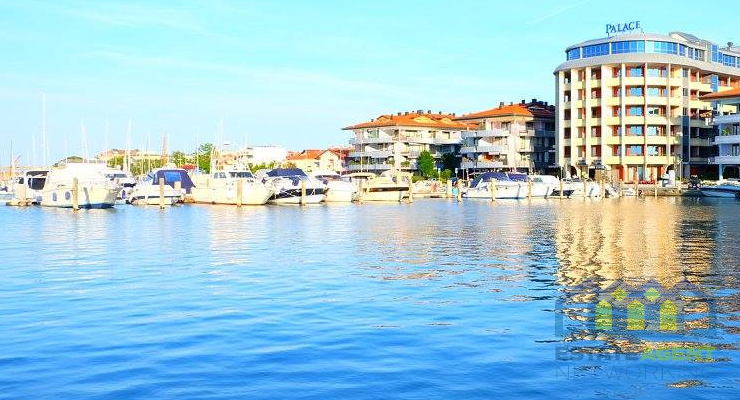Buying Property in Malta – An Expats Guide for Brits
Malta is an ideal holiday destination among the Brits and for good reason. Ties between the two countries go way back to the beginning of Queen Elizabeth II’s reign when she and Prince Phillip resided in this Mediterranean paradise.
But, a lot has changed since then and Malta has established itself as a center for commerce and tourism. In fact, the country is known as one of the most economically stable states in the EU and it has an established real estate sector, with properties that offer handsome ROI for investors.
If you’re a Brit that’s interested in buying property in Malta as an investment or a holiday home, you’ve come to the right place.
Below we have all the information you need on how to purchase property in Malta as a British expat.
How to purchase a property in Malta
Buying property in Malta is a whole different ballgame compared to doing the same in the UK or other European countries. For instance, most of the properties you’ll see advertised are dual and even triple mandate, which means they’re being marketed and sold by more than one estate agent.
That’s why you need to find one reliable real estate agent who will walk you through the whole process so you don’t end up looking at the same property multiple times.
Once you’ve found a property you like, here’s a play-by-play of the process you’ll have to undergo in order to acquire the property:
-
Hire an attorney and a notary:
The first order of business for you should be to appoint a lawyer and a notary. The notary is responsible for the enrolment of public deeds which makes their services essential to anyone that’s looking to sell or buy property. The notary is an impartial party so you don’t have to worry about their services being influenced by an estate agent or developer.
For best results, hire a lawyer that specializes in property transactions. This means they’re familiar with regulation that deals with property transfer and ownership as well as subletting.
-
Get a permit:
Unless you’re buying the property as a main residence, you’ll need to have an AIP permit. AIP stands for acquisition of immovable property and the fees associated with this permit depend on the type of property you’re buying. For instance, if you need an AIP permit for a house or villa, your AIP fee will be €179,400 (£140,346), whereas the AIP fee for an apartment is €107,670 (£84,231).
Once you’ve found a property that you’re happy with and the seller has accepted your offer, you’ll both need to sign a preliminary agreement. This agreement sets out the terms and conditions of the sale and is legally binding for three months. It helps to ensure that the property won’t be sold to someone else while you’re finalizing legal transfer of title and the final agreement.
During the three month period, the notary will conduct a search into the property to make sure that it’s unencumbered. Along with signing the preliminary agreement, you’ll have to pay the stamp duty fee, which is 5% of the selling price, as well as a 10% deposit for the property itself.
-
Beware of unexpected irregularities:
Although rare, irregularities do happen from time to time during the sale of a property. This is where your lawyer comes in. They’ll help you deal with problems like title defects where it is found out that the seller isn’t the rightful owner of the property; lien or judgments that may have been taken out against the property; or unusual structural defects or building methods that are based on ancient standards.
Your lawyer will protect and assist you to smoothly pull out of the preliminary agreement should the notary come across these and other irregularities with the property.
-
Sign final agreement and make final payments:
Once the notary has completed his searchers and found everything to be in order, you may go ahead and sign the final deed of transfer. You’ll also be required to pay 1% in notary fees and any other balances that are due.
-
Paying tax:
Unlike most other EU countries, Malta doesn’t have stringent tax regulations. In fact, Malta doesn’t impose any wealth tax or inheritance tax. However, the law does require beneficiaries to pay 5% of the property’s value should the property owner become deceased.
Furthermore, Malta doesn’t impose a capital gains tax on the sale and transfer of a main residence property that you’ve retained for more than three years. But, if you bought the property as an investment or holiday home, then a capital gains tax of 8% of the property value applies when you decide to sell it.
Conclusion
A growing number of British residents are seeking greener pastures in sunny Malta, thanks to the island’s competitive property market. Whether you’re planning to purchase an investment property, a holiday home or permanent residence, we hope our guide to buying property in Malta has been helpful to you.
For the latest lifestyle property in Malta visit https://www.maltasothebysrealty.com/.
Title image free from Pixabay.









